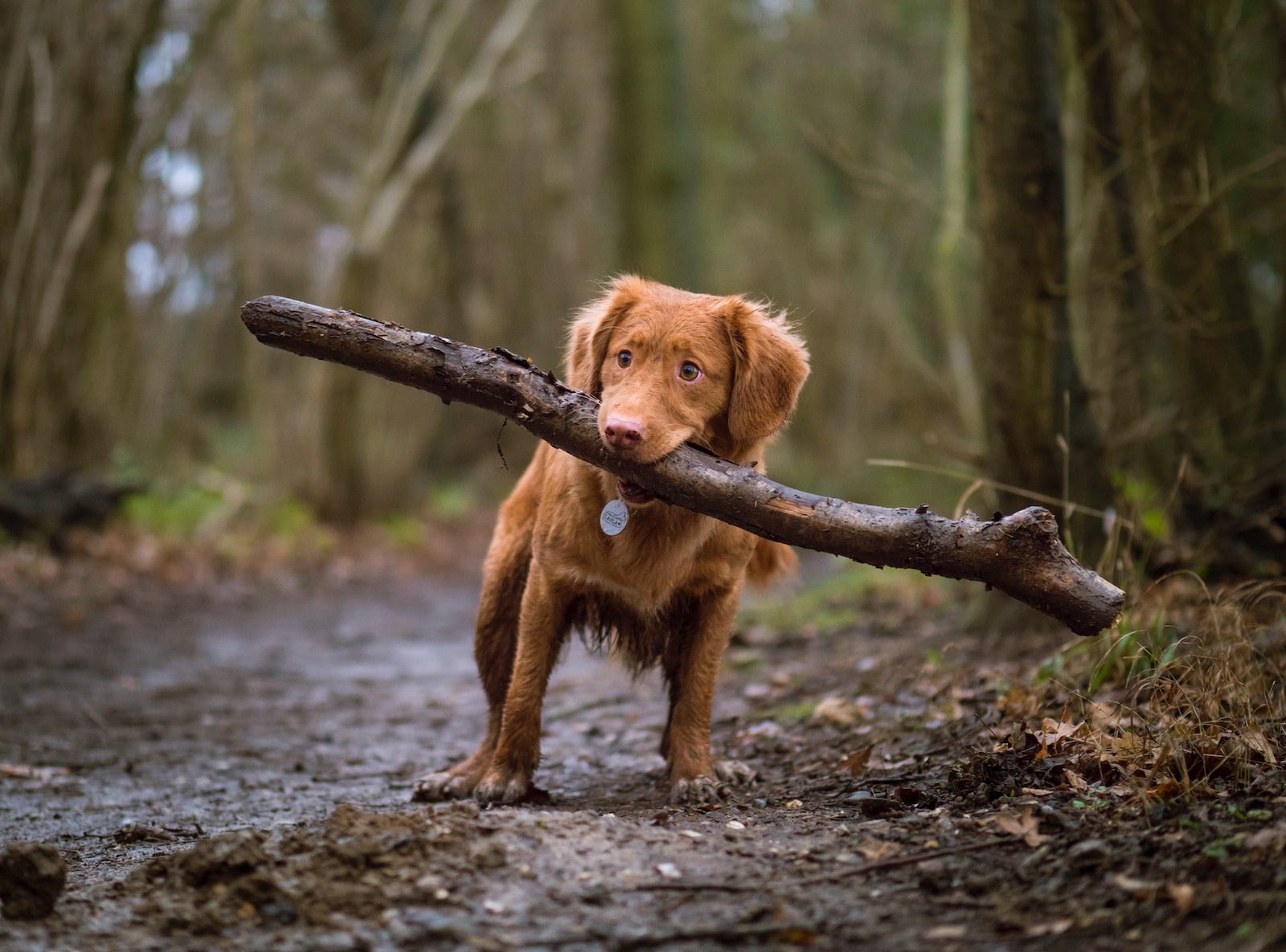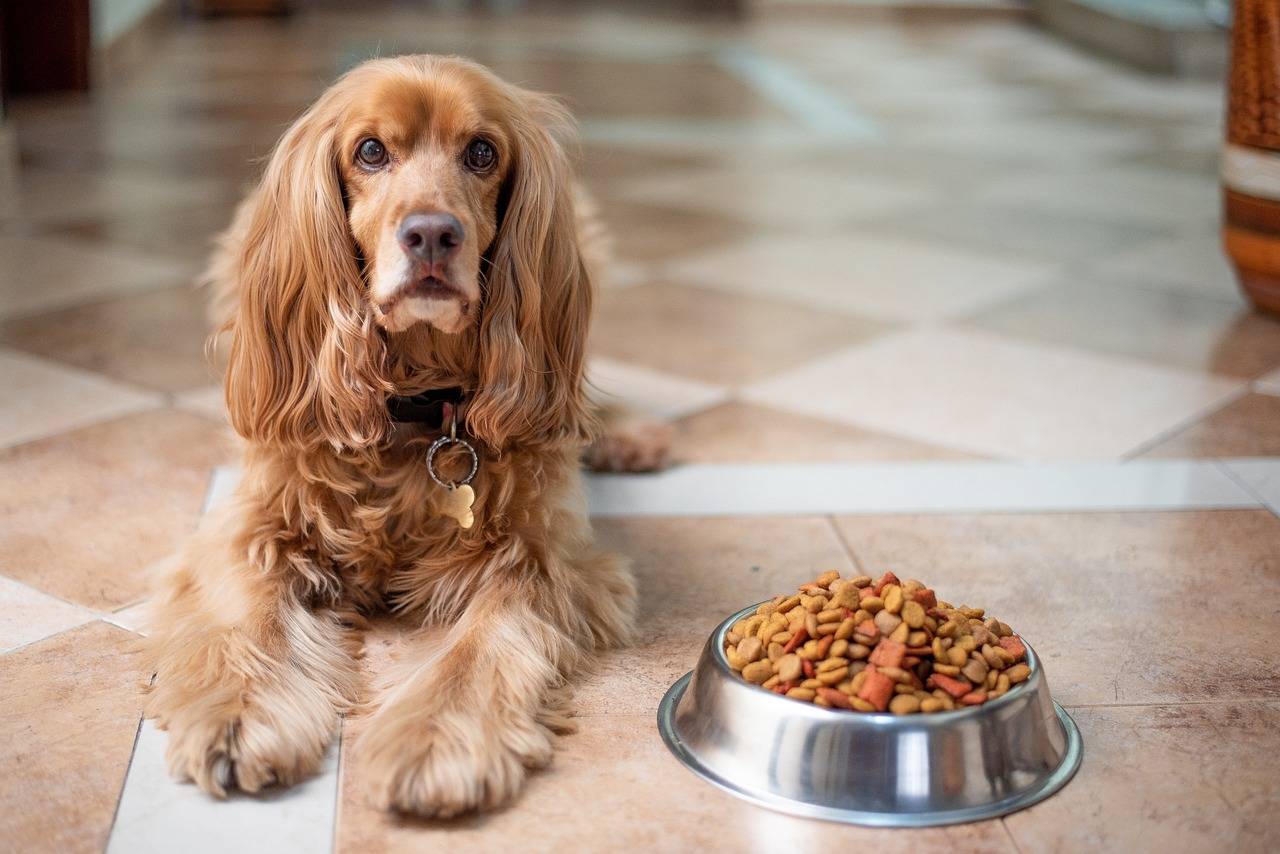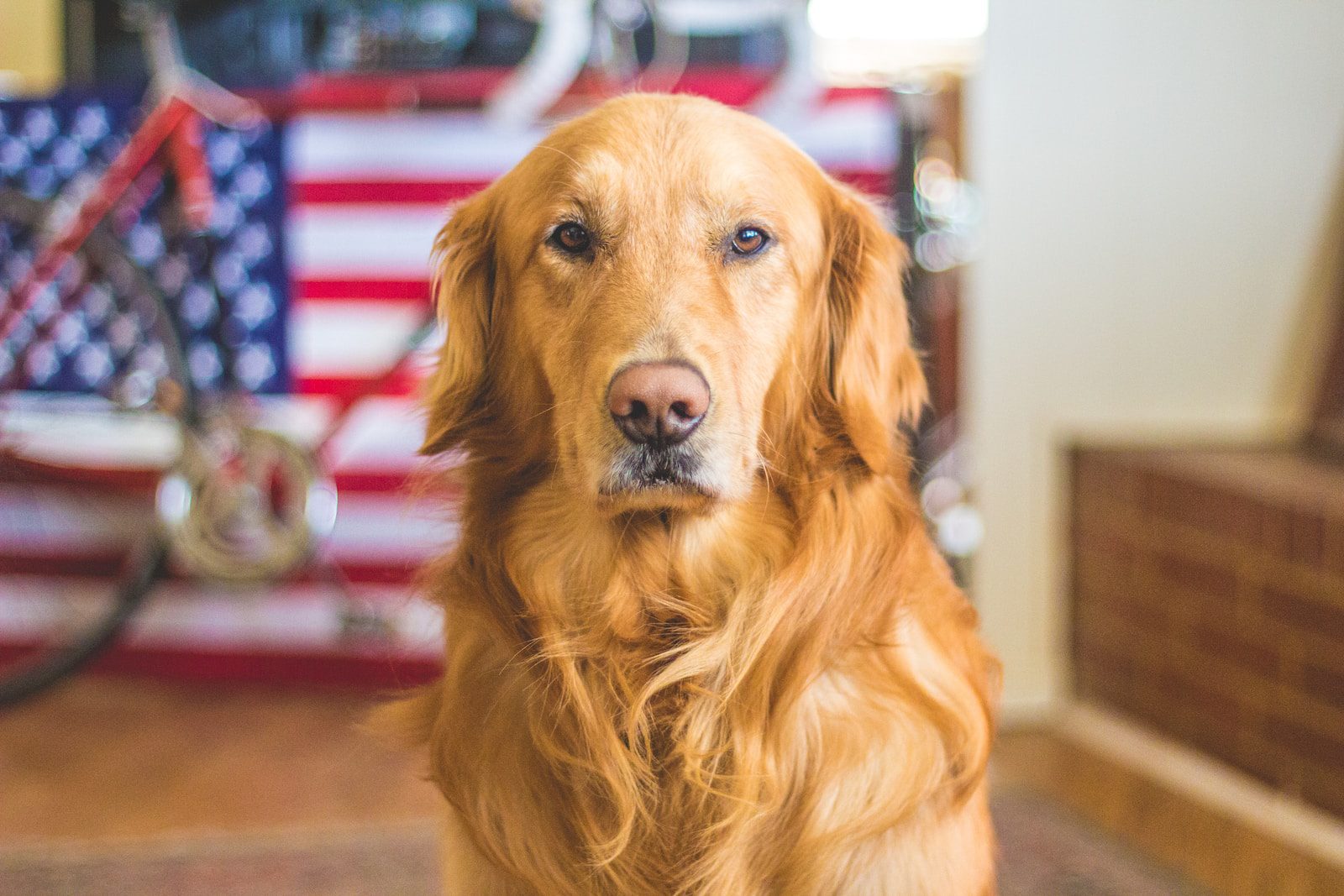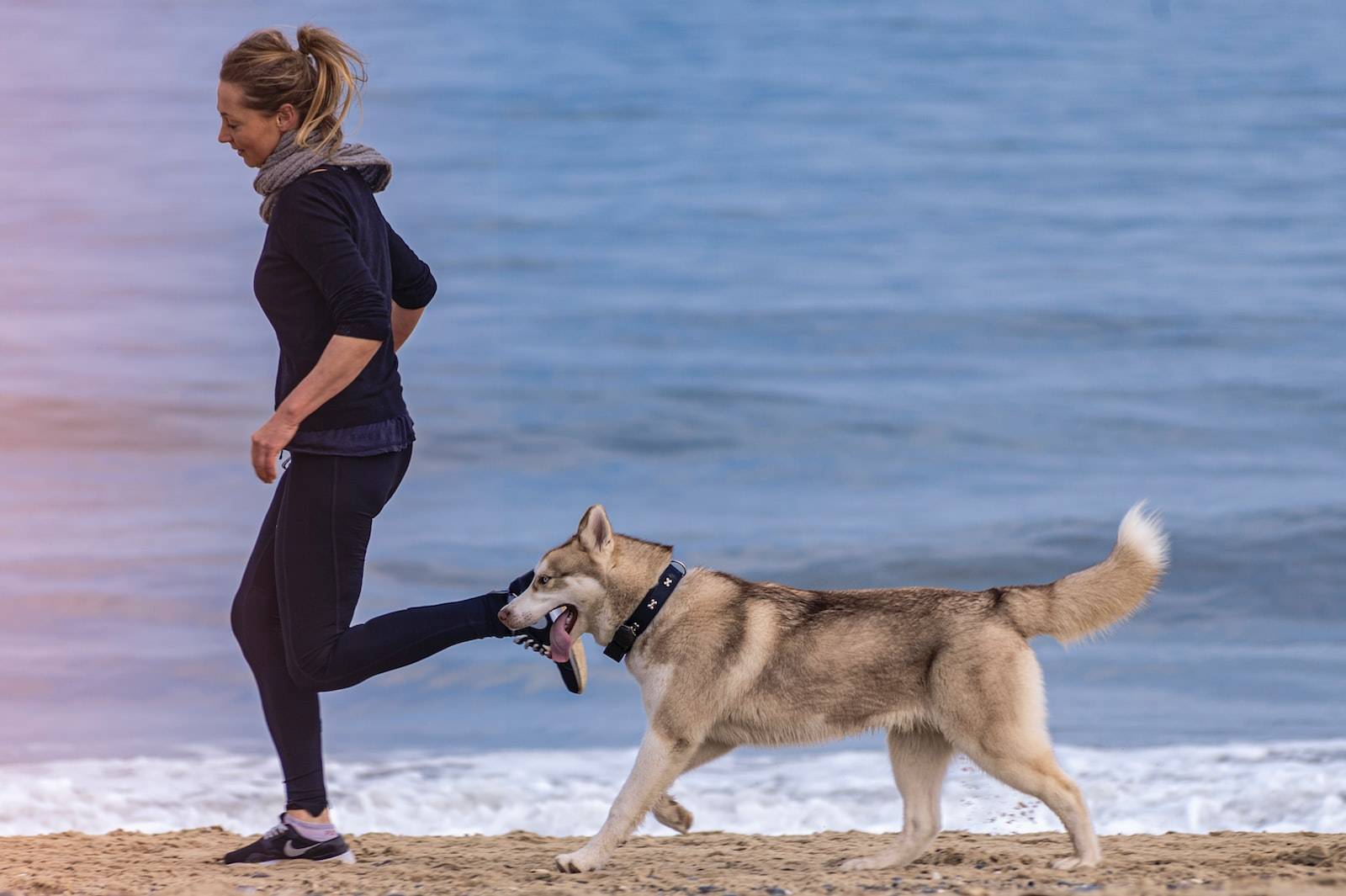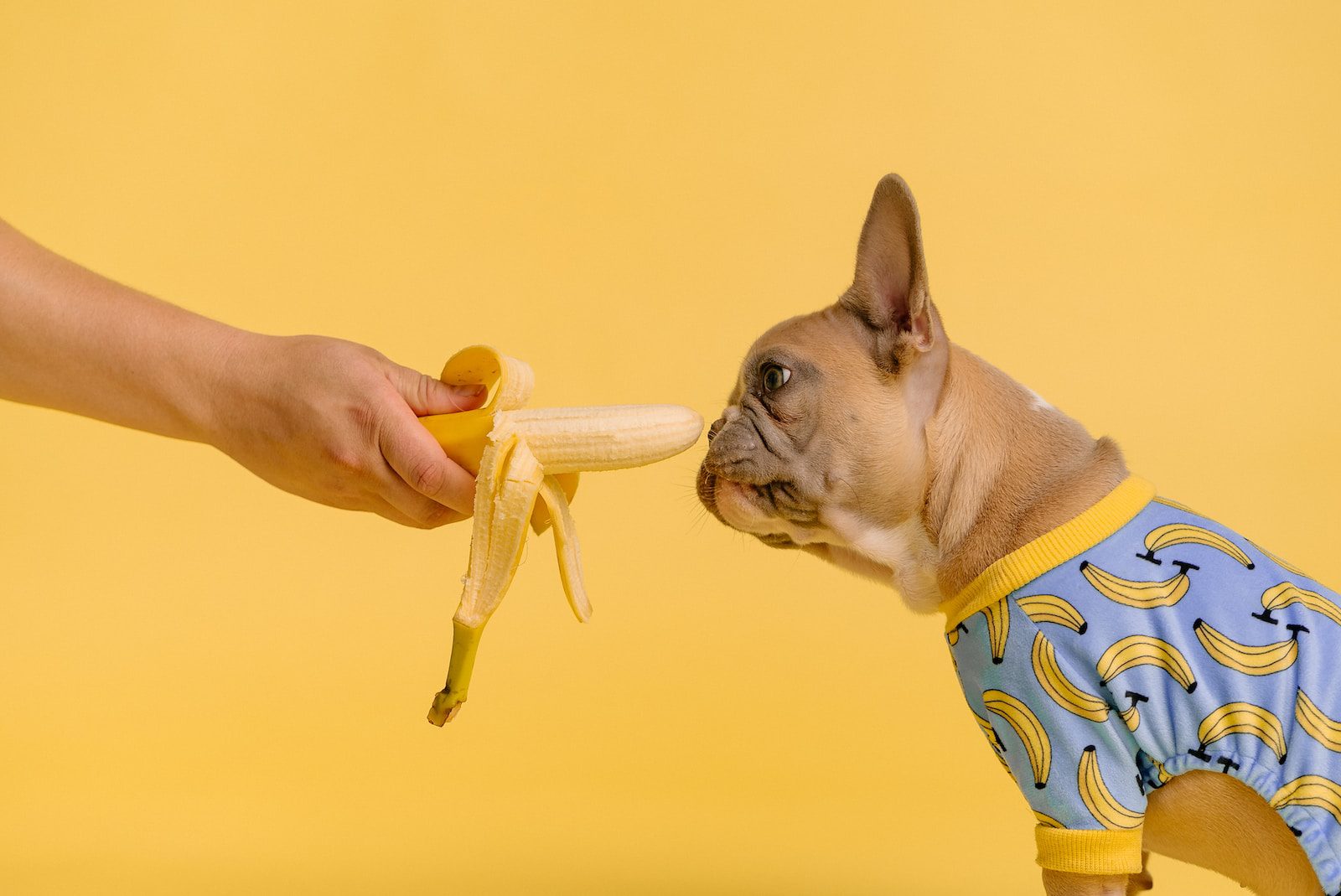As a Dog owner, taking care of your pet’s dental health is just as important as their overall health. Good oral hygiene can prevent various health issues, such as gum disease and tooth decay. However, many pet owners overlook their pet’s dental health, which can lead to expensive dental procedures in the future. In this article, we will provide you with expert tips for your pet’s dental health.
Table of Contents
Why Is Dental Health Important for Dogs?
Ensuring your canine’s overall health and well-being requires prioritizing their dental hygiene. Poor dental hygiene can lead to the accumulation of plaque and tartar, which can cause gum disease, tooth decay, and bad breath. In severe cases, untreated dental issues can lead to systemic infections and organ damage.
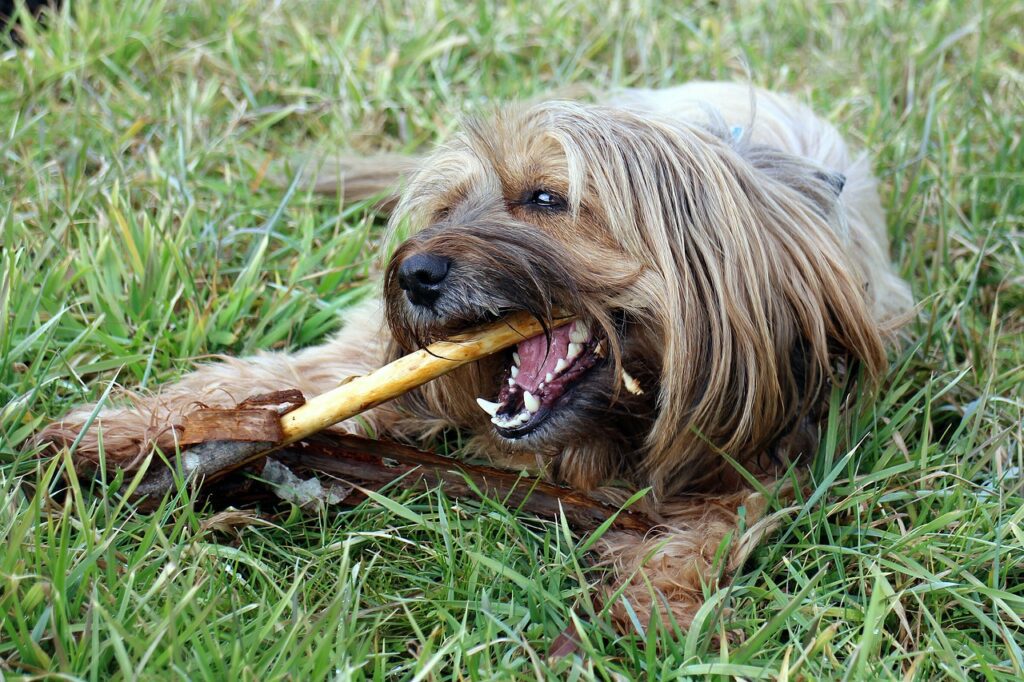
Signs of Dental Problems in Dogs
As a pet owner, it’s essential to know the signs of dental problems in dogs. The following are typical indications to be mindful of:
- Bad breath
- Yellow or brown teeth
- Red, swollen, or bleeding gums
- Difficulty eating or chewing
- Pawing at the mouth
- Loose or missing teeth
- Excessive drooling
If you notice any of these symptoms, it’s essential to take your pet to the veterinarian as soon as possible.
Expert Tips for Your Dog’s Dental Health
Brush Your Dog’s Teeth: Brushing your dog’s teeth is one of the most effective ways to maintain good dental hygiene. Use a soft-bristled toothbrush and pet-friendly toothpaste to brush your pet’s teeth at least twice a week. Begin by gradually acquainting your pet with the toothbrush, and incentivize positive behaviour with treats as a form of reinforcement.
Provide Chew Toys: Utilizing chew toys can aid in preserving the cleanliness and healthiness of your pet’s teeth. Choose toys that are specifically designed for dental health, such as those made of rubber or nylon. Avoid giving your pet hard toys that can break their teeth.
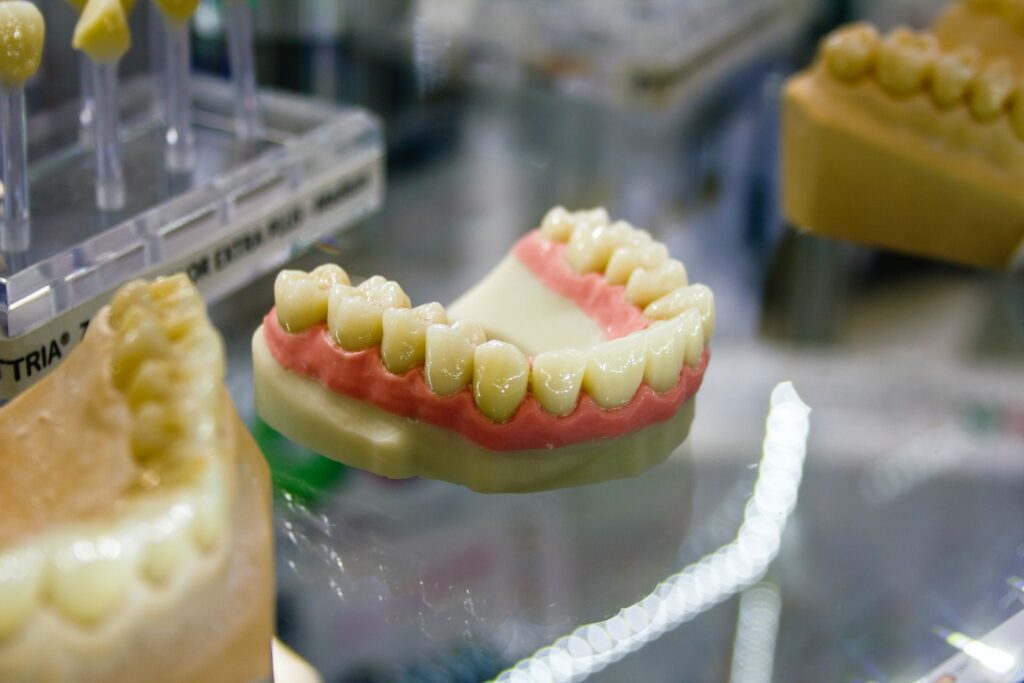
Feed a Balanced Diet: Your dog’s diet can affect their dental health. Feeding your pet a balanced diet can help prevent dental problems. Choose a high-quality dog food that is low in carbohydrates and sugars. Additionally, consider incorporating dental chews or treats into their diet.
Regular Veterinary Check-Ups: Regular veterinary check-ups are crucial for your dog’s dental health. Your veterinarian can detect and treat dental issues before they become severe. During a routine check-up, your veterinarian will examine your pet’s teeth and gums and recommend any necessary treatment.
Avoid Table Scraps: Feeding your pet table scraps can lead to dental problems. Human food is often high in sugars and carbohydrates, which can lead to plaque and tartar buildup. Furthermore, certain human foods are poisonous to pets and have the potential to result in severe health complications.
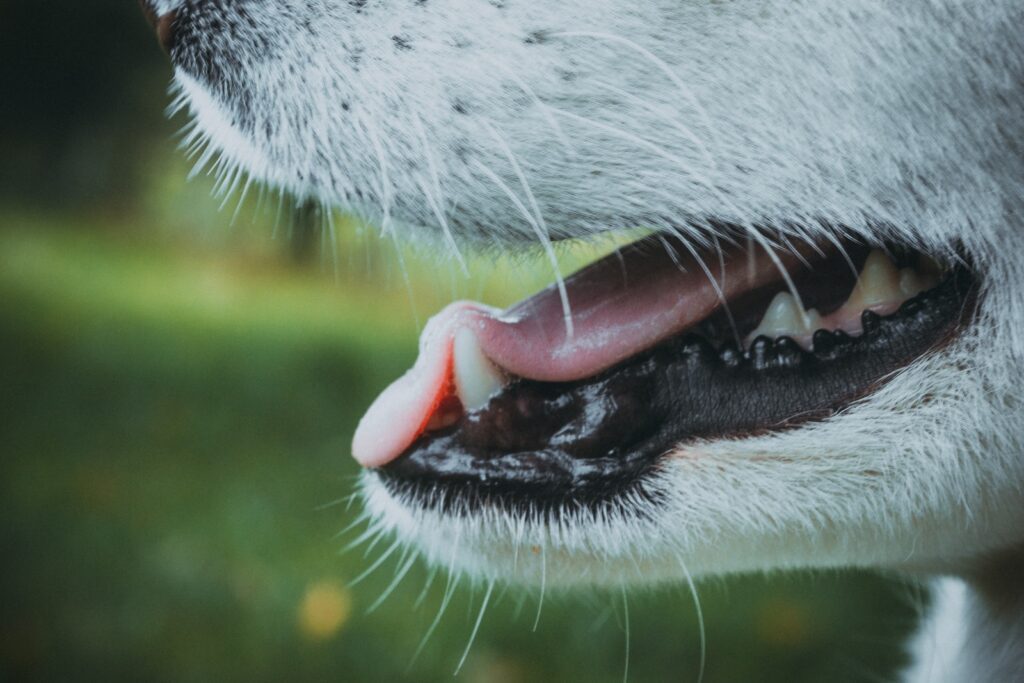
Conclusion
Taking care of your pet’s dental health is essential for their overall health and well-being. Regular brushing, providing chew toys, feeding a balanced diet, regular veterinary check-ups, and avoiding table scraps are all effective ways to maintain good dental hygiene in pets.
FAQs
- How often should I brush my pet’s teeth?
- It is recommended to brush your pet’s teeth at a minimum of two times per week.
- Is it safe to apply human toothpaste to clean my pet’s teeth?
- No, human toothpaste is not safe for pets. Opt for toothpaste that is explicitly formulated for canines.
- What are some indications that my pet may be experiencing dental issues?
- Watch out for symptoms such as bad breath, yellow or brown teeth, red, swollen, or bleeding gums, difficulty eating or chewing, pawing at the mouth, loose or missing teeth, and excessive drooling.
- What kind of pet food is best for dental health?
- High-quality dog food that is low in carbohydrates and sugars is best for dental health. Additionally, there are dental-specific diets and treats available that can help maintain good dental hygiene.
- Is anesthesia necessary for dental procedures in dogs?
- In most cases, anesthesia is necessary for dental procedures in dogs. It allows for a thorough cleaning and examination without causing pain or distress to your dog.
